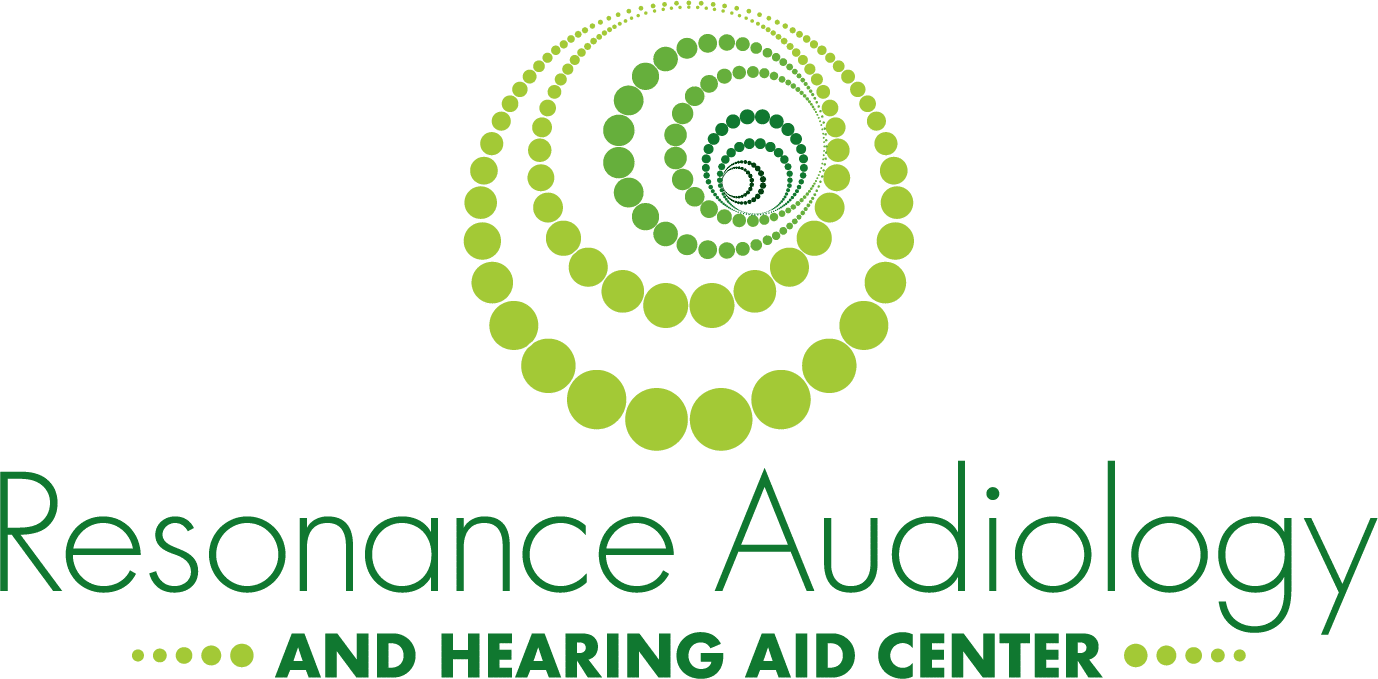Can Seasonal Colds Cause Hearing Damage?
For most of us, catching the occasional cold or virus is just a part of life. When the temperature drops and people are inside in close quarters, these viruses get passed around. This is especially true if you live or work in a place where illness tends to spike, such as a school, healthcare facility, or senior care home.
Luckily, for most of us, these bugs will pass quickly without any long-term health effects. However, there are times when they can threaten the health and safety of your ears and even pose a risk of hearing damage.

How Do Viruses Affect Your Ears?
You are probably familiar with the unpleasant sensation of having backed-up sinuses. When you are congested, it puts pressure on your nose, eyes, ears, and throat.
Having ear pain when you are sick is common. This is because your sinuses can block up or push against the tubes in your middle ear. Most of the time, the pain results from pressure or inflammation. Sometimes, this can lead to an infection in your ear tubes, otherwise known as an ear infection.
Most of us have had an ear infection before and know that they usually clear up with a course of antibiotics. So, how do you know if you are experiencing normal ear pain during an illness or if you are at risk for hearing damage?
Ear pain is severe.
If you have had a bad ear infection before, you know that the pain can be excruciating. But if you are in agony, it is important to see our doctor urgently. There is a chance that there might be a more serious condition at play, and if there is not, you will at least get some fast pain relief.
It is not going away.
Colds or viruses usually go away within a week or two. But if your ear continues to hurt and nothing seems to help, you should be seen by a doctor.
You have other symptoms.
Serious inner ear infections or other conditions might involve a high fever, nausea, a skin rash, a stiff neck, fluid leaking from your ear, or a sore throat. Feeling dizzy, very tired, or extremely sick—sicker than you usually would for an ear infection—can also be an emergency situation.
Ear pain abruptly eases.
If you have a severe earache and the pain suddenly vanishes for seemingly no reason, this may not be a reason to jump for joy. In some cases, this could be a sign that your eardrum has burst, which can lead to permanent hearing damage.
Can an ear infection permanently cause hearing damage?
Ear infections and viruses go hand-in-hand thanks to the complex system of sinuses that run through the head and connect to the ears. This is why the common cold can lead to an ear infection as fluid or mucus builds up in the ear tubes.
Temporary “plugged” ears or even minor hearing loss are fairly common for these infections. This usually improves within a few days as your sinuses clear themselves. However, if your hearing doesn’t improve, it may be a sign that there is something more serious going on.
There are a few reasons that an ear infection may lead to hearing loss. These include fluid retention in the middle ear or damage to the internal parts of the ear.
The risk of this kind of permanent damage increases if you have recurring ear infections. Babies and toddlers are particularly susceptible to ear infections, but if they have one after another, their pediatrician will probably recommend fitting them for ear tubes. The same goes for people who experience frequent ear infections at any age.
In some cases, a serious middle ear infection can cause your eardrum to rupture. This happens because of fluid buildup. If your eardrum ruptures, it is a medical emergency for several reasons. Notably, you will probably experience some hearing loss; this is because sound waves cannot travel through your ear properly when the membrane is ruptured.
Usually, hearing loss after rupturing your eardrum is temporary. However, this can depend on where the tear is located and how big it is. If your eardrum is significantly damaged, it might take a long time before you regain full hearing.
How Much Should You Worry?
The good news is that, for most people, minor viruses are not a big deal. However, in some cases, they can affect your ears, especially if you get sick frequently. There is no need to fret this winter, but if you have severe ear pain or notice yourself getting regular ear infections, it is good to be proactive. As with most illnesses, the best way to reduce the risk is to practice good hygiene during the cold and flu seasons.
If you have questions or think hearing aids could help you in your daily life, reach out to Resonance Audiology at 717-925-6112 to schedule an appointment. Our team has two offices conveniently located in New Holland, PA, ensuring you are able to select the option that is closest to you.
